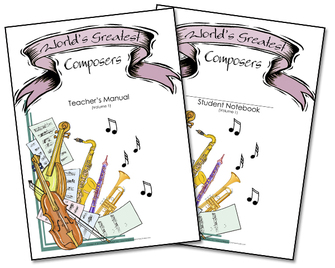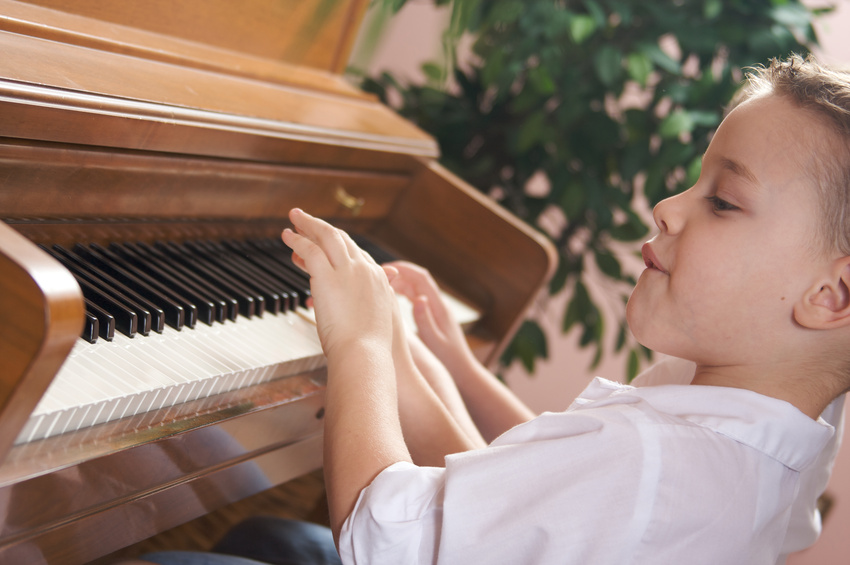1 Comment
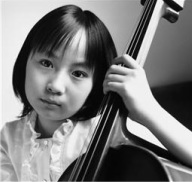 Is musical talent something that we are born with? Or is musical talent based solely on environment and training? It has been interesting to hear so many different perspectives on the same subject as I have begun teaching music, and in particular, vocal music. Parents of children who are taking music lessons or adult music students seem to be the most firmly set in their view of this topic. Can we find a balanced perspective? 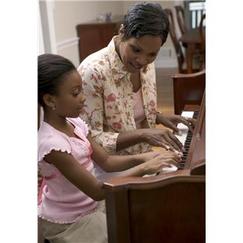 Christmas is a special time of year for a lot of reasons. One of the things that my wife and I have enjoyed this season is seeing our voice and piano students perform in their Christmas recitals. We are so proud of their accomplishments! But I see more than just simple Christmas carols being played and sung by students of various levels of ability. What is being developed in these children is something far greater... 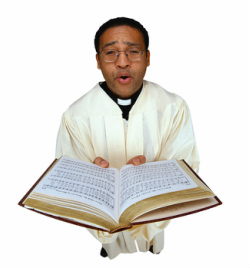 God has given man many incredible gifts, including the gift of music. Music, especially singing, is one way that man can communicate to God and praise God. This truth is referenced many times in the Psalms and other Bible verses. But why should Christians be concerned with studying the voice and singing? Isn't it really the heart that matters anyway? One point to consider is the worth of the One to whom we sing. God is infinitely powerful, but incredibly merciful; he is all-knowing and perfectly holy. If we are truly singing for this amazing Lord, doesn't He deserve our best? When we view God correctly and view our music as a sacrifice of praise to God, we can begin to realize the importance of having the best music possible. When Abel brought an acceptable sacrifice, God was well pleased; but when Cain brought something that was second best, God rejected it. Today I have just a quick followup to my post yesterday about homeschool music learning ideas. I really do believe that music appreciation begins at home. Exposing children to great music can influence the way they think and the way they see the world around them. So today my wonderful wife sent me a link to an award-winning homeschooling blog where a mom has found many great resources and brought them together. One of the resources that she has assembled is a study of the life and music of eight of the greatest composers in history. The course material is outlined as follows:
I grew up in a family where my siblings and I were taught at home. Homeschooling has been growing as an alternative method for teaching children over the past few years (see the statistics by the National Center for Education Statistics). This post is not to dispute the positives and negatives of homeschooling. What I would like to do in this article is to give a little background on how I received a musical education while being taught at home. For any home educators that read my posts, this may give you some ideas on how to go about teaching music to your children at home. There will be more articles that give more details about curriculum and methods some other time. This post will simply chronicle some of what I've experienced and talk about the pros and cons of each.
Since the advent of microphones and electronic amplification, the art of singing has been modified to fit new styles that would not have been nearly as practical without the aid of amplification. However, going back to classical voice training is not a bad idea. It will help singers in any genre to maintain a healthy voice and get the best sound possible.
Since I have begun teaching voice students at our local arts center, I have found that there are three basic concepts that I want my students to grasp from the start. These are some of the fundamental concepts that other voice teachers may also want to communicate to their students. Every once in a while you come across a unique product or service that you want to let others know about. Harmony Passion would like to present some "Product Spotlight" features to help musicians and music teachers find some great resources that will help them.
The product I want to mention today is a band method curriculum developed by Nick Kozar, band director and music educator on both the high school and college level. When I spoke with Mr. Kozar about his approach for developing these band instrument lesson books, he gave me some good insight. One thing that he has found as a weakness in previous band method books that he used was the lack of rhythm training before students had to begin branching out and playing multiple notes. The Solid Foundation band method books teach students to begin with one note, but learning multiple rhythms, so that a proper rhythmic foundation is laid. Another aspect of the books that I appreciate is that the melodies used are from traditional songs and hymns. The use of classic melody lines allows the student to be exposed to good music while at the same time learning to play. Unless you know what you are looking for, these books are not so easy to find online. If you'd like to see the books and pricing, I have included the links below:
For more music education products by A Beka Book, click here. Thanks to Elizabeth Thacker at Plum Grove Strings, I was made aware of this article in the LA Times:
The article outlines a study that was recently done which related music lessons to brain function. Much research has been done showing the link between music and mental health, but this study went one step further. Students that took lessons even years earlier showed better brain function than their peers. Music lessons for children not only benefit them today, but will help them for years to come. Another article in the LA Times discusses how actually participating in music (singing or playing an instrument) has much greater impact on the mind than passively listening. Instead of putting classical music on your child's ipod, try putting your child into music lessons. These are a couple of articles that music teachers could reference when talking with parents or prospective students. So, you've decided to enroll your child in music lessons, but just don't know where to look for a teacher. Or perhaps you want to take some adult beginner piano classes, but really can't find anything close enough. I'd like to give you a few ideas for finding a music teacher in your area. If you are a music teacher yourself, make sure that you can be found. Connect to your community through some of the avenues outlined below. You may open up a whole new market for yourself. 1. Scan some local newspapersOften, teachers may have a small ad in the "Services Offered" section of the classified ads, or have a small ad in the Business Directory. If you can't find any teachers advertising, see if you can find an ad for a local music store. They may be able to connect you with a teacher in the area. 2. Search onlineAll you may need is a simple Google search to find a music teacher's website. Searching for your specific area may help. An example would be "adult group piano class, Anytown, CA". Including your town name may narrow the search results to help you find a teacher who offers lessons in your community. Also, you can check out some online teacher directories. Some of the sites I've seen that seem to have a good amount of teachers listed include MusicPeeps.com, MusicTeachersDirectory.org, or if you want a nationally certified teacher you can check out the MTNA's Certified Teacher Directory. 3. Talk to music educatorsYou don't want to forget about the music teachers at the schools in your area. They can be an extremely valuable asset in your search for local music resources. Some of them may teach private lessons in their non-school hours, or they may know some other local music professionals. Call up middle schools and high schools in your town and ask to speak to the band director and/or choral director. Talk to local college music department faculty as well. Most often they will be glad to help a fellow musician. 4. Check with an arts centerIf you are fortunate enough to have an arts center in your community, that may be one of the best places to start. In our community, there is a music business that runs all kinds of lessons for vocal and instrumental music students in the local arts center. 5. Talk to church music directorsYou may want to contact the music directors at local churches too. Some of them are long-time members of the local music community, and if they don't teach music themselves they may know others in their church or town that are music teachers.
Whatever you choose to do as you search for a music teacher, don't be afraid to reach out to all the local music people that you can. Music is something that is designed to be shared. The more you know your local music scene, the better equipped you will be when you need someone with particular skills or resources. |
Search the BlogSubscribe via emailFind By Category
All
Archives
January 2016
|
Harmony Passion - Bringing together ideas and resources for church and community musicians


